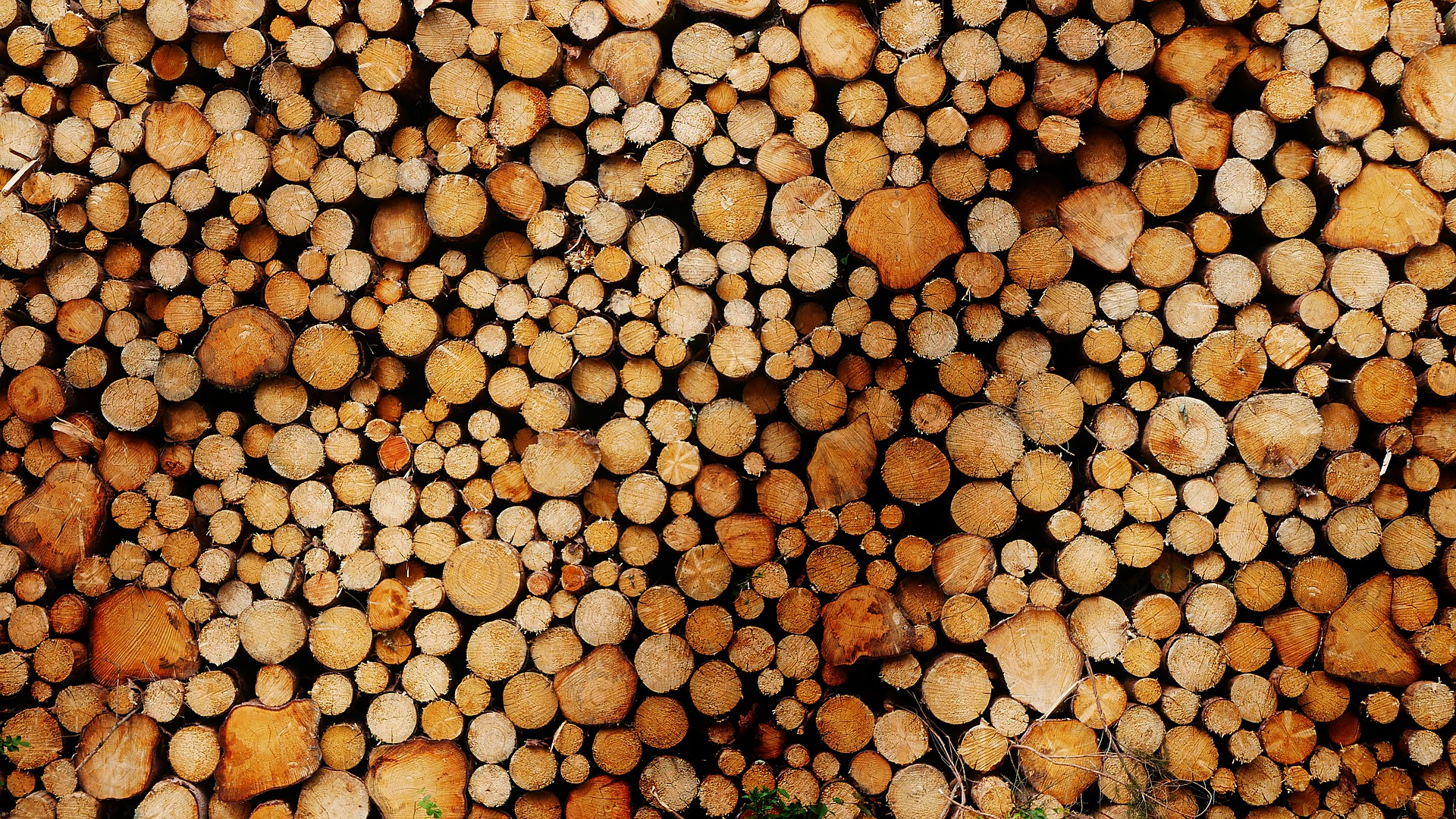

Task 32 is an international forum under the IEA Bioenergy Technology Collaboration Programme for knowledge sharing and discussion of the developments in combustion and co-firing with biomass. Representatives from Austria, Germany, Switzerland, the Netherlands, Norway, Japan, Canada, the USA, and Denmark are participating in the collaboration and attend annual meetings, typically with an accompanying workshop on a technical subject.
The purpose of the Danish participation in Task 32 is to disseminate Danish information on energy strategies, research, development, and demonstration projects on biomass combustion, as well as news on Danish biomass fired plants in all sizes, and to participate actively with Danish angles in the Task 32 projects. In addition, the purpose is to gather knowledge on the corresponding activities in other countries and to disseminate them to the Danish network.
In the past triennium (2019-2021), Task 32 has especially focused on small firing plants (stoves and boilers), as well as biomass heat for industrial processes, and has recently published several reports:
The reports can be seen here on this page or on the Task 32 website: https://task32.ieabioenergy.com/
In 2022-2024 Task 32 is working on biomass combustion projects within the challenges of biomass combustion that the members have flagged up. The projects are divided into four work packages:
1. Replacing fossil fuels in the industry
Here Task 32 works on inspiring industrial companies to move away from fossil fuels. This should be done by
The project builds on the intertask project on high temperature process heat for industry that Task 32 has completed. More information can be found on the project website: https://itp-hightemperatureheat.ieabioenergy.com/
2. Biomass combustion with negative carbon emissions
Task 32 contributes to the intertask projects in IEA Bioenergy on carbon capture and storage/usage from bioenergy. From Task 32 we will focus on the role small and large biomass fired plants can play in connection to BECCUS, as well as how the technology affects the operation of the plants:
In this work package Task 32 will also be looking into how effective biomass combustion can contribute to mitigating climate change.
3. Innovative biomass fired district heat plants with low emission
In the past couple of years there has been a large development in technology within biomass combustion.
4. Biomass boilers with low emission
Within the subject area of small boilers, Task 32 continues the current work by
Denmark took over the leadership of Task 32 from the Netherlands for the period 2019-2021, and continues to lead the task in 2022-2024.
Ea Energy Analyses oversees this, with the Danish Energy Agency as the Operating Agent. Additionally, Ea Energy Analyses is the Danish representative in Task 32. This work is jointly financed by EUDP and Ea Energy Analyses and is a continuation of the work of the previous years.
We regularly send out a Danish newsletter on the work of the task. If you wish to receive this, please write an email to Morten Tony Hansen at mth@eaea.dk. Previous newsletters can be downloaded on this page.
Task 32 has its own website, which can be found here. It contains alle the reports of the group, as well as information about previous workshops.
Ea Energy Analyses studied the future of thermal biomass plants in the power systems as a part of Task 32 in 2018. The results of the study was presented in form of a Technical Report by IEA Bioenergy Task 32 and at the IEA Bioenergy conference in San Francisco November 2018. The report can be downloaded on this page.
Together with IDA (Danish Society of Engineers) and Copenhagen University, Ea Energy Analyses hosted a seminar on January 22nd, 2025, where news from the international cooperation on efficient usage of biomass with low emissions were presented. Read more here.
Task leader Morten Tony Hansen gave a presentation at the 2024 IEA Bioenergy/BBEST conference in São Paulo on the topic “installing carbon capture technology on a large wood chip fuelled CHP plant in Denmark”. Read more here.

Find information about one of our projects in Türkiye here.